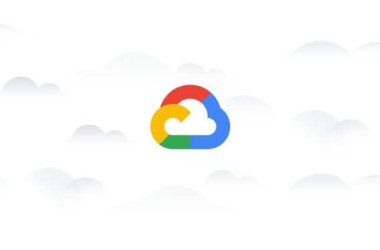 Google, which has faced intense criticism for years over copyright issues, said recently it has made progress on four copyright-protection initiatives it outlined in December.
Google, which has faced intense criticism for years over copyright issues, said recently it has made progress on four copyright-protection initiatives it outlined in December.
The company has finished building tools that now allow it to act on average in 24 hours or less on valid complaints from copyright owners — the so-called “takedown notices” — that their content is appearing without permission on Google sites, starting with Blogger and Web search.
The tools simplify the process of submitting these complaint notices, which cite the Digital Millennium Copyright Act (DMCA) when requesting that their works be removed from websites.
“We built the tools earlier this year, and they are now being successfully used by more than a dozen content industry partners who together account for more than 75% of all URLs submitted in DMCA takedowns for Web Search. Our response time for these partners is now well below the 24 hour target,” Kent Walker, a Google senior vice president and general counsel said.
In coming months, Google will make the tools more broadly available to copyright owners that have a track record of “valid” takedown requests, the company said.
In addition, since January, Google has been proactively weeding out from its query auto-complete feature terms associated with searches for pirated content.
Google has also tightened its processes for detecting rogue Web publishers that attempt to use the company’s AdSense advertising program to display ads on pages that contain copyright-infringing content.
“In April, we were among the first companies to certify compliance in the Interactive Advertising Bureau’s (IAB’s) Quality Assurance Certification program, through which participating advertising companies will take steps to enhance buyer control over the placement and context of advertising and build brand safety. In addition, we have invited rights-holder associations to identify their top priority sites for immediate review, and have acted on those tips when we have received them,” Walker said.
Google is also taking steps to give more prominent placement on its search results to authorised preview content, starting with a feature called Music Rich Snippets, designed for music sites to highlight their content in the snippets that appear in Google results.
Another strategy Google is pursuing is increasing the amount of legitimate content available through its sites, such as the movie rental feature in YouTube and the book-selling service in the Google eBookstore.
Over the years, Google has been criticised and sued by a variety of content creators, including some newspaper and magazine publishers, movie and TV show producers and book publishers, claiming that the company has profited from their works without obtaining proper permission nor providing them with fair compensation. Google has won some of those lawsuits, while others are still ongoing or on appeal.





